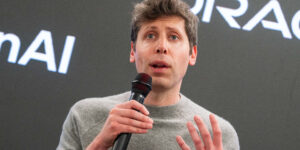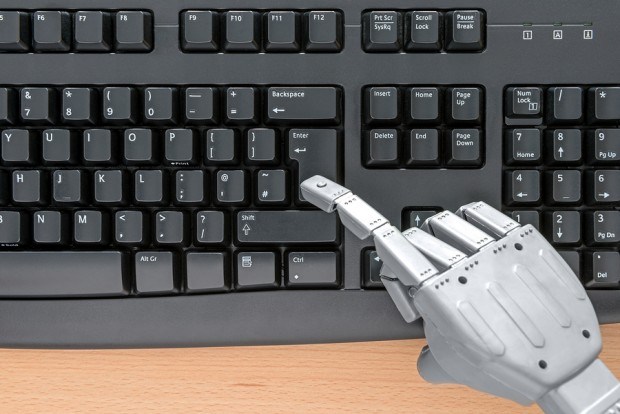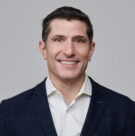David Siegel, co-founder of $35 billion quantitative hedge fund Two Sigma, says he’s “very worried” that machines could soon cost large swaths of the global workforce their jobs.
“Most people in the bulk of the job market are not involved in super-high-value jobs,” Siegel said at the Milken Institute Global Conference in Beverly Hills, Calif. on Monday. “They are doing routine work and tasks and it’s precisely these tasks that computers are going to be better at doing,” just as the advent of the combustion engine led to horses being replaced and ATMs displacing most bank tellers, he said.
The Australian mining industry already employs robotic vehicles equipped with self-driving technology to extract raw materials, instead of using truck drivers, he said. Facebook Inc. requires comparatively “zero” workers to manage a social network for more than 1 billion people, according to Siegel.
Billionaire trader Steven A. Cohen said on another panel at the conference that artificial intelligence is “coming but not here yet” and that it will be “a while” before the technology displaces humans.
“The way it will affect this industry is that some tasks will be automated but ultimately it will be humans adding value at the top,” Cohen, who runs Point72 Asset Management, said. “It will be a combination effort.”
Credit Arbitrage
David Harding, the founder of $30 billion London-based hedge fund Winton Capital Management, expressed a similar view. He said in an interview with Bloomberg Television’s Erik Schatzker that in finance, at least, the prospect of machines completely replacing humans is still distant.
“It won’t completely change the whole field,” he said. “It won’t replace distressed-credit arbitrage or something like that.”
Even so, machines are able to do far more than many believe. “A lot of things that we thought were complicated and very human are a lot easier than we thought they were,” Harding said.
From artificial intelligence to the blockchain, the finance industry is being transformed by emerging technologies, resulting in job losses, several speakers on an earlier panel at the conference said. Software engineers, whole technology departments, and anyone who’s moving numbers from one spreadsheet to another is “going to get decimated,” said Daniel Nadler, chief executive officer of Kensho Technologies Inc., which provides data analytics to banks.





















 The Future of Knowledge in Insurance: From Training to AI-Powered Productivity
The Future of Knowledge in Insurance: From Training to AI-Powered Productivity  Hong Kong Fire Reveals Contractor Safety Breaches, Residents’ Revolt
Hong Kong Fire Reveals Contractor Safety Breaches, Residents’ Revolt  Chubb, The Hartford, Liberty and Travelers Team Up on Surety Tech Co. Launch
Chubb, The Hartford, Liberty and Travelers Team Up on Surety Tech Co. Launch  Bankers Readying U.S. IPOs at ‘Overwhelming’ Pace Ahead of 2026
Bankers Readying U.S. IPOs at ‘Overwhelming’ Pace Ahead of 2026 









